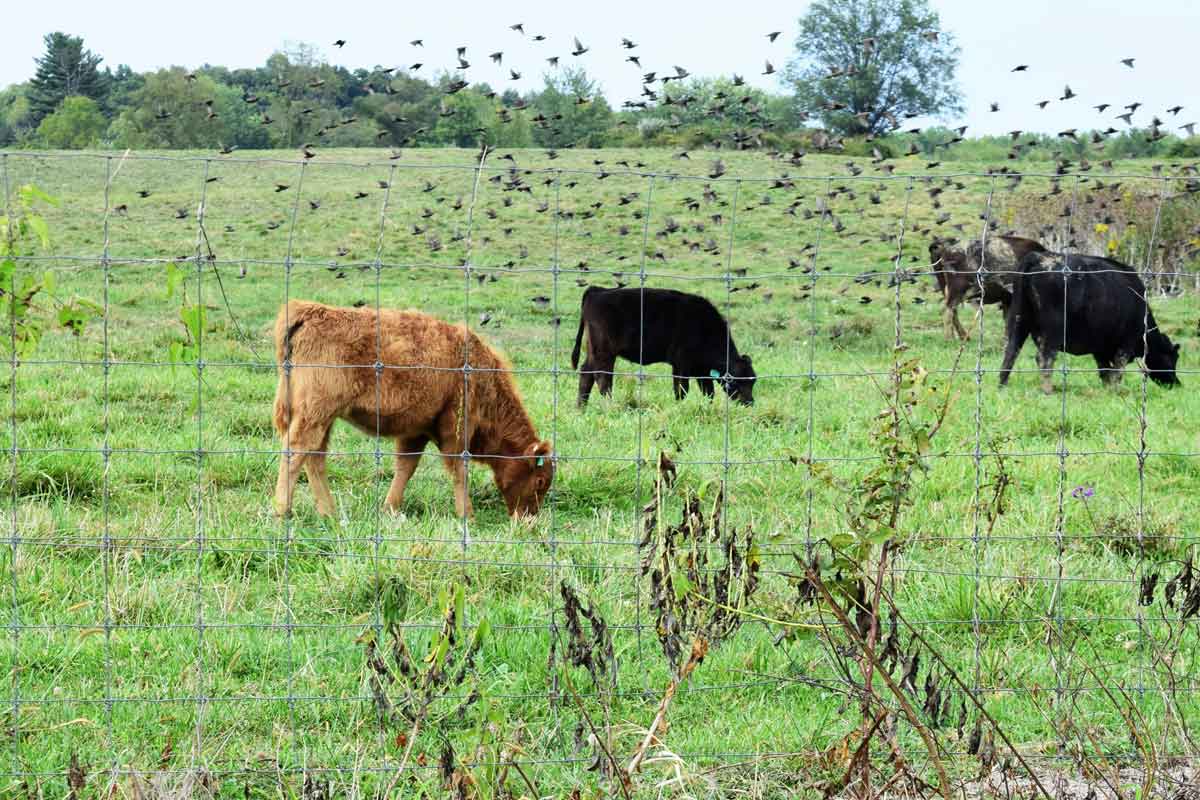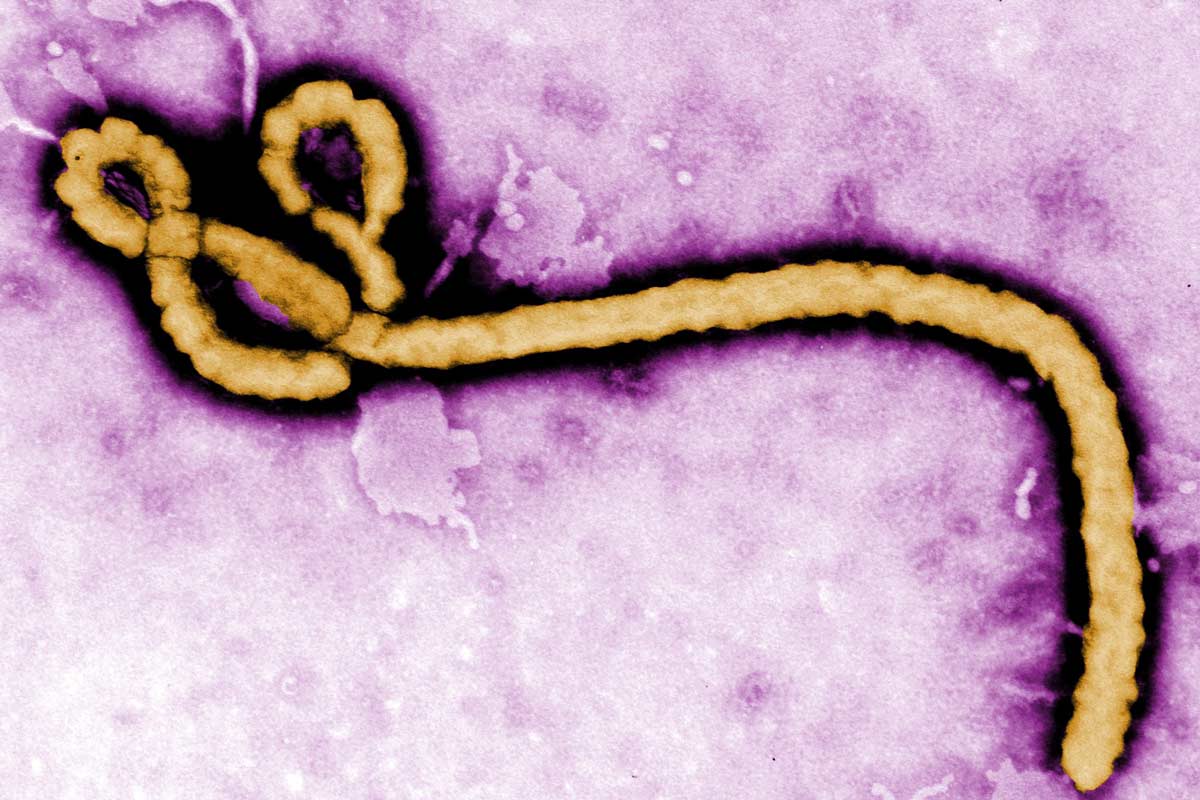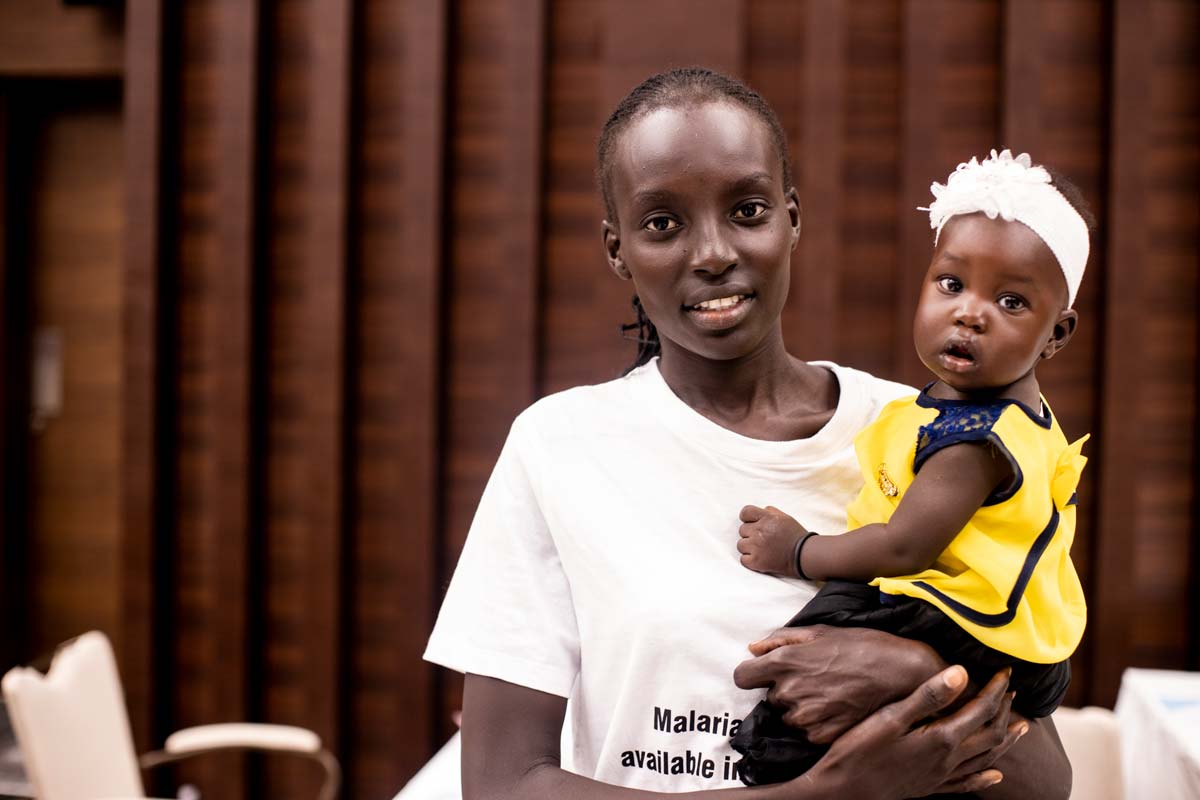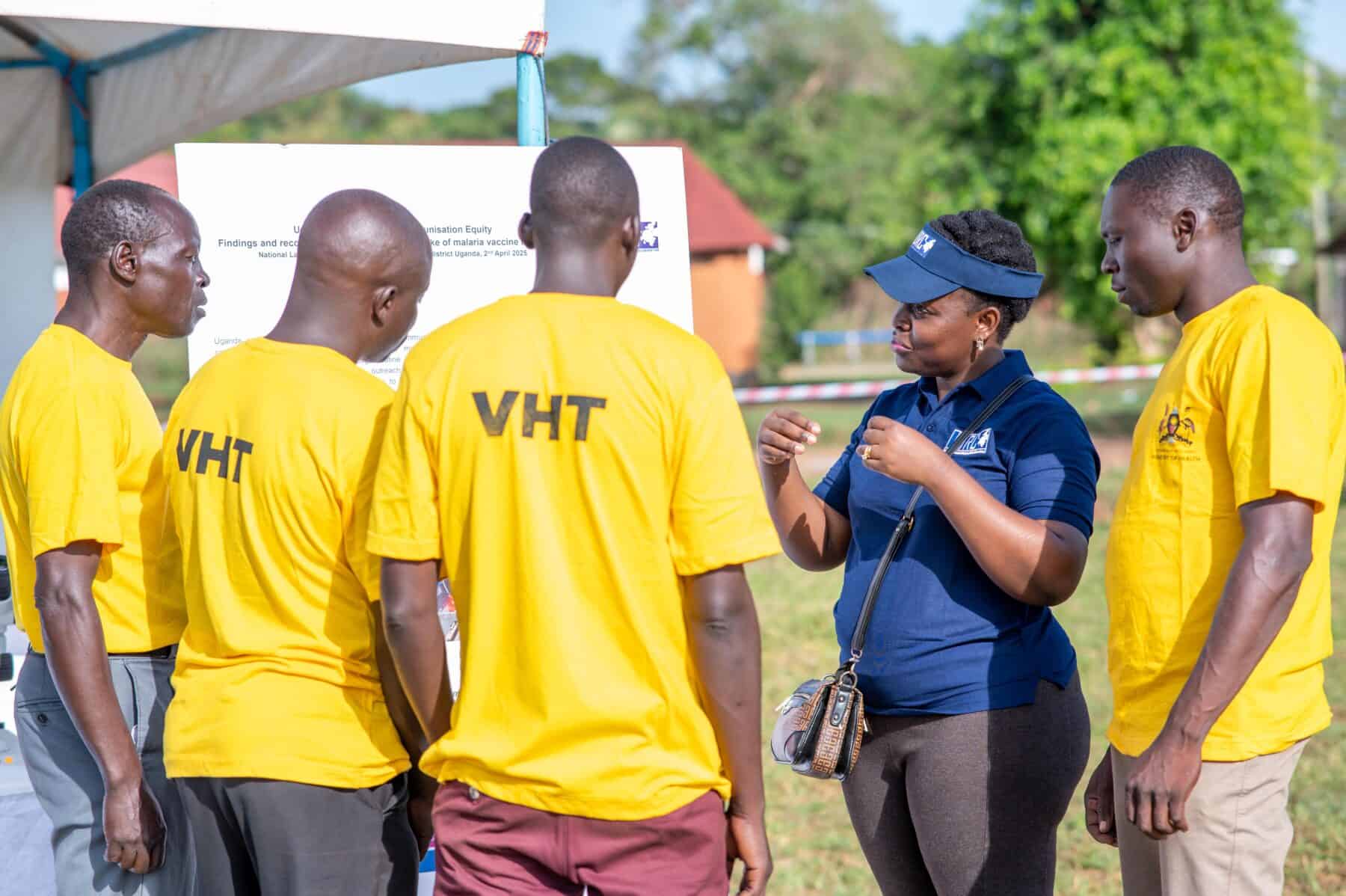Spread of deadlier mpox strain in DRC could pose global threat
CDC says urgent action is needed to contain an ongoing outbreak of clade I mpox in the Democratic Republic of the Congo (DRC).
- 21 May 2024
- 4 min read
- by Linda Geddes

A deadlier version of the mpox virus that spread around the world in 2022 could pose a global threat if it is not urgently contained.
The US Centers for Disease Control and Prevention (CDC) said coordinated and urgent global action is needed to help the Democratic Republic of the Congo (DRC) contain an ongoing outbreak of clade I mpox, with more than 19,919 suspected cases and 975 deaths reported so far.
“The increasing number of reported suspected clade I mpox cases in DRC poses a global threat for potential spread”
– US Centers for Disease Control and Prevention (CDC)
Clade I mpox is different to the clade II form that caused the global mpox outbreak in 2022, and according to genetic sequencing data published last month, cases in some parts of the country may be being driven by a further offshoot of the clade I virus that has acquired the ability to transmit through sexual contact.
What is the current situation in DRC?
Between January 2023 and mid-April 2024, DRC reported multiple outbreaks of clade I mpox in 25 out of 26 provinces, including in the capital city of Kinshasa. Children appear to be particularly vulnerable, with two thirds (67%) of overall suspected cases and more than three quarters (78%) of deaths occurring in those aged 15 or younger. One- to five-year-olds account for 28% of all suspected cases.
However, the demographic characteristics of patients differ between provinces, with cases in some parts of the country, e.g. Kinshasa and South Kivu province in Eastern DRC, predominantly affecting adults.
How does clade I mpox differ from the 2022 strain?
There are two types of mpox virus – clade I and clade II – both of which can spread through direct contact with infected animals, close contact with an infected person, or direct contact with contaminated materials.
Clade I is endemic to Central Africa, where it circulates in animals and occasionally infects humans. It causes more severe illness than the clade II virus and is more contagious. Clade I is also deadlier, with some earlier outbreaks killing up to 10% of suspected cases. The estimated death rate during the current outbreak is 4.9%.
Although small outbreaks of clade I mpox have occurred in Central Africa for decades, the current outbreak is unprecedented, and sexually acquired cases had not previously been reported.
Have you read?
Genetic analysis of virus samples from 108 confirmed mpox patients in the Kamituga mining region of South Kivu province suggests that the virus circulating there may be genetically distinct from previously sequenced clade I strains in DRC. According to the study, which was published as a preprint, 29% of these patients were sex workers, "highlighting sexual contact as a key mode of infection", the authors said.
Based on their data, they believe this strain may have circulated in a local animal reservoir before jumping into humans in around mid-September 2023. They have proposed naming it clade Ib.
"Without intervention, this localised Kamituga outbreak harbours the potential to spread nationally and internationally," they said.
Has clade I mpox been detected anywhere else?
To date, no cases of clade I mpox have been reported in any countries where the virus is not endemic. However, "the increasing number of reported suspected clade I mpox cases in DRC poses a global threat for potential spread," CDC said.
As well as working with partners to support DRC's response, it has urged US clinicians to consider clade I mpox infection in people with mpox signs and symptoms who have recently been in DRC. It is also strengthening general US preparedness for a potential outbreak and has warned countries neighbouring DRC and the global community to prepare for the possibility of further spread.
How else are governments and health organisations responding to the threat?
DRC's vice minister of public health Serge Holenn has stressed the need for public health education to mitigate sexual transmission of the virus.
Writing in the British Medical Journal earlier this month, he said: "We propose implementing national campaigns to share information about mpox, its risk factors, and preventative measures like safe sex and proper hygiene.
"We [also] suggest sharing personal testimonies from people previously affected by mpox to emphasise that the virus can affect anyone, regardless of sexual orientation."
WHO has said it is working closely with the DRC authorities on case prevention, control and treatment.
However, containing the outbreak will not be easy, as mpox is just one of several large-scale health emergencies currently facing DRC, including recurrent epidemics of measles and yellow fever. Ongoing conflict, climate shocks, logistical constraints and health system fragility are further limiting people's ability to access care.








